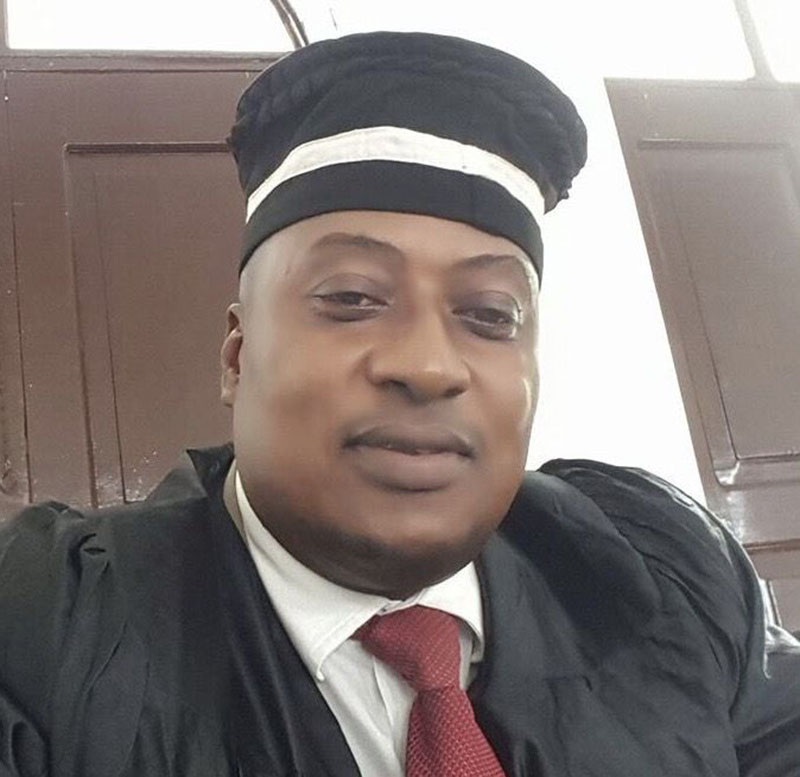PORT-AU-PRINCE, (Reuters) – The Haitian judge overseeing the investigation into the July assassination of President Jovenel Moise said in a letter on Friday he had withdrawn from the case, deepening the disarray in an ongoing probe of the brazen crime.
Garry Orelien was assigned in August as the investigative judge in the case. His mandate ended in December, and he said his request for an extension was rejected.
Orelien said he relinquished the probe “around the facts of the assassination of the President of the Republic Jovenel Moise, this for personal reasons,” according to a copy of the letter seen by Reuters. Orelien confirmed in a telephone interview he wrote the letter and declined further comment.
His probe did not result in charges against any of the dozens of suspects arrested by Haitian police. Orelien in an interview this week blamed the lack of progress on inadequate support from other Haitian institutions.
Moise was killed on July 7 when gunmen stormed his home. A Haitian police report in August concluded that a little-known Haitian-American doctor hired a group of former Colombian soldiers to kill the president and seize power.
The next steps in the Haitian probe were not clear. But the United States has taken a growing role in investigating the crime.
Bernard Saint-Vil, head of the Port-au-Prince tribunal who assigned Orelien to the investigation, on Tuesday said in an interview with a local radio station that Orelien was off the job because he did not complete his investigation on time.
Orelien had initially insisted he would remain on the case. Saint-Vil did not respond to requests for comment.
Moise’s killing further undermined Haiti’s precarious political and security situation, emboldening gangs to expand territory and escalate kidnappings – including the two-month abduction of a group of Canadian and American missionaries.






